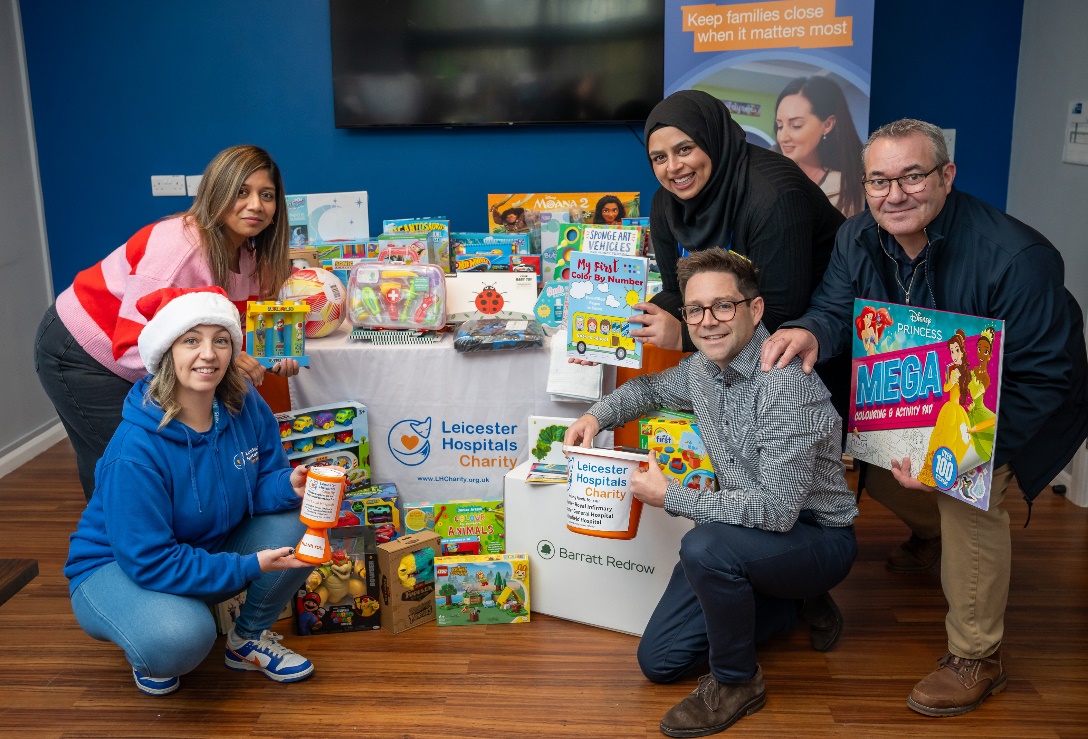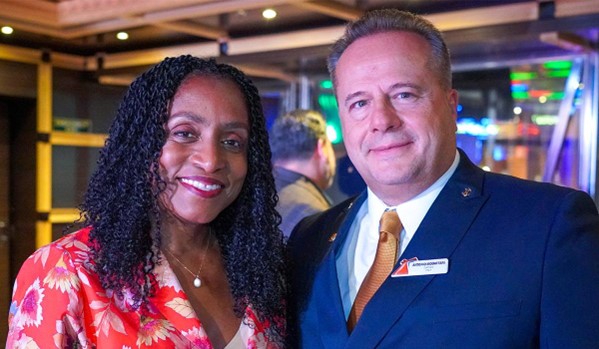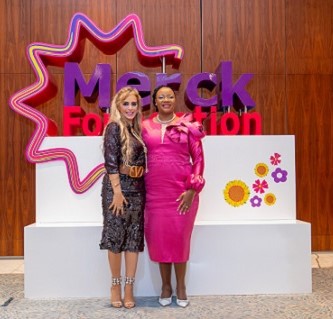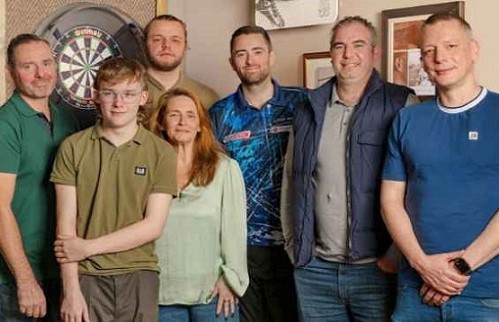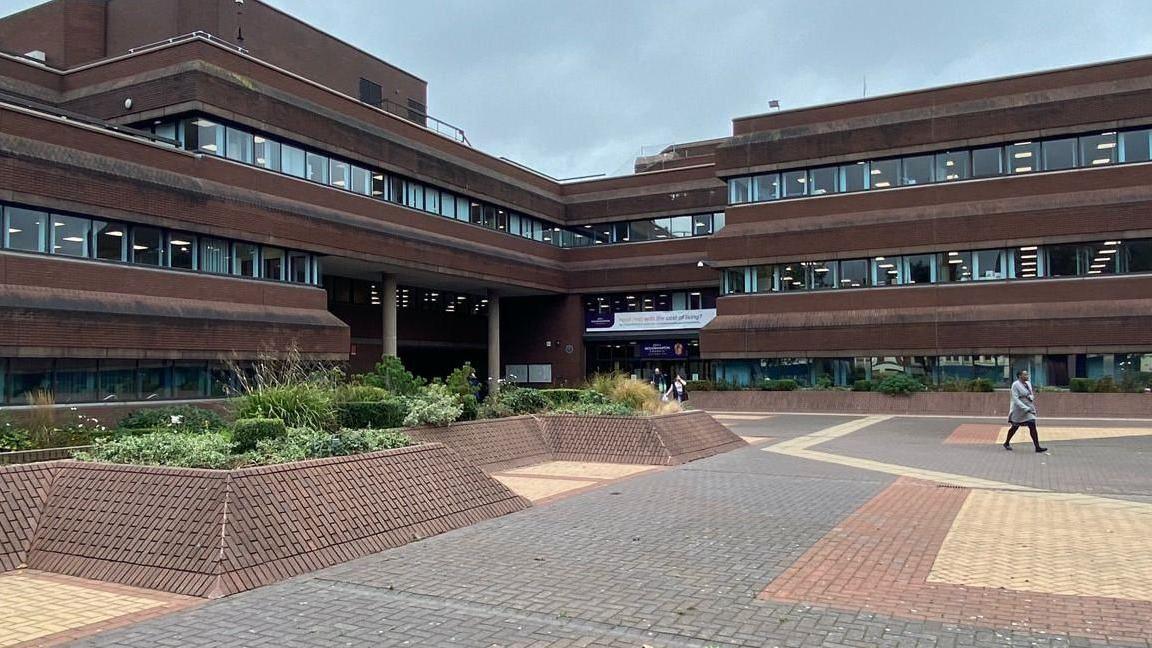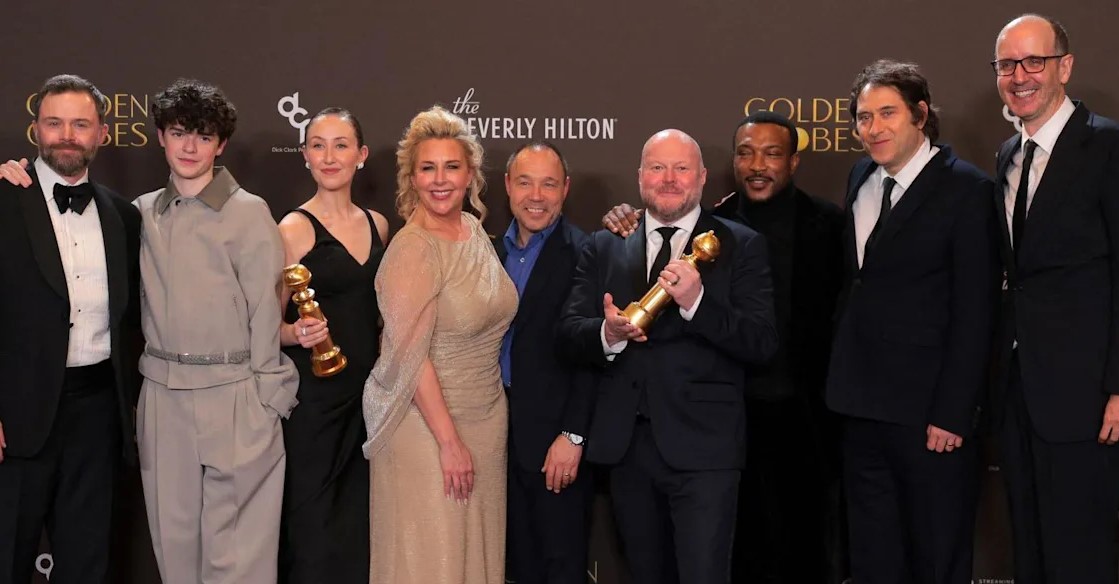Faith communities took to the stage to offer personal experiences and reflections on the role of faith, and the Sandwell and West Birmingham CCG were given the opportunity to engage with the public on their new End of Life Care model. The Nishkam Healthcare Trust held a conference on ‘End of life care – the Role of Faith and Hope’. The event was a collaboration with Birmingham healthcare commissioners in order to give voice to community needs at the end of life.The conference theme of ‘faith and hope’ was reflected in the keenness to share insights at a human and inter-religious level to further enhance services for End of Life Care.
GNNSJ (c) 2015 - 3The event coincided with the Health Service Ombudsman’s recent announcement concerning end of life care that, “doctors and nurses must involve patients and their families in decisions about their care’’. Transparency was a key theme for the event, presenting the opportunity to inform and involve the public on a new strategy for end of life care.
The conference began with a prayer and reflection. The opening theme was on ‘what one wishes to know about one’s faith, regarding end of life’. Perspectives from the Muslim, Buddhist, Jewish, Rastafarian, Hindu and Sikh traditions were heard loud and clear, giving a unified voice to the dignity of faith at such a crucial time of end of life.
The theme of ‘a good farewell from a faith perspective’ was by explored by Bhai Sahib (Dr) Mohinder GNNSJ (c) 2015 - 10Singh OBE, who as chair of the Nishkam group of organisations and is both locally and internationally recognised for his faith and interfaith leadership in developing innovative approaches to social provision. His overriding message that “our prayers can be different, but our tears are the same” offered food for thought to the diverse audience.
Bhai Sahib Mohinder Singh observed also that, in order to bid the last farewell, the three constituents of the human being – mind, body and soul/spirit – need to be considered, and that the role of the spirit as the spark of life becomes clearer at death, when just the mind and body remain. With respect to spiritual dimension he commented:
“While seeing is believing – for many, believing can also lead to seeing.”
GNNSJ (c) 2015 - 8Finally, Bhai Sahib Mohinder Singh added some thoughts regarding the role of ‘assumption’ and ‘confidence’ in each step we all take in life, from the act of speaking to boarding a plane. We take it for granted that the brain will activate the necessary neurotransmitters and that the pilot is competent to take us to our destination, otherwise we would not attempt to say anything or to fly. Similarly, for those who assume and have confidence that God exists and He is kind, the fear of death diminishes.
Medical professional, Dr Ross Bryson, GP from Karis Medical Centre, reiterated the need to look after the soul, especially towards the end of life and opportunities for dialogue in the conference highlighted a number of areas where services could be improved and enhanced.GNNSJ (c) 2015 - 11
With the hope that this initiative would be the first of many between faith communities and the NHS, Dr Manvir Kaur Hayer, Chair of Nishkam Healthcare Trust said, “This conference has begun an important dialogue between the public, faith leaders, and health practitioners, and we look forward to continued collaboration towards delivery of values-led care, especially towards the end of life.”
The conference additionally offered an opportunity for Nishkam Healthcare Trust to highlight its advanced care planning booklets, which help patients review and document their needs at the end of life. The conference team found that advanced care planning booklets offer a useful introduction towards planning for the end of life, but that the process, nevertheless, requires continuous conversation with individuals and their loved ones throughout the journey.
GNNSJ (c) 2015 - 23The event also showcased AnonCare (www.anoncare.com), a faith inspired digital network for community care, which brings together patients, carers and the wider community for the shared management and responsibility for the well-being of others. The system demonstrated the impact faith can have in technology and healthcare.
Following on from the conference, Dr Ayaz Ahmed, Clinical Service Lead for Palliative care in SWBCCG quoted “Nishkam have got a niche into ethnic minority populations that the CCG may not be able to reach”.




